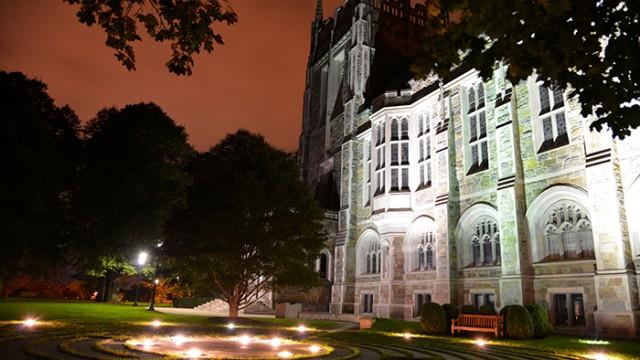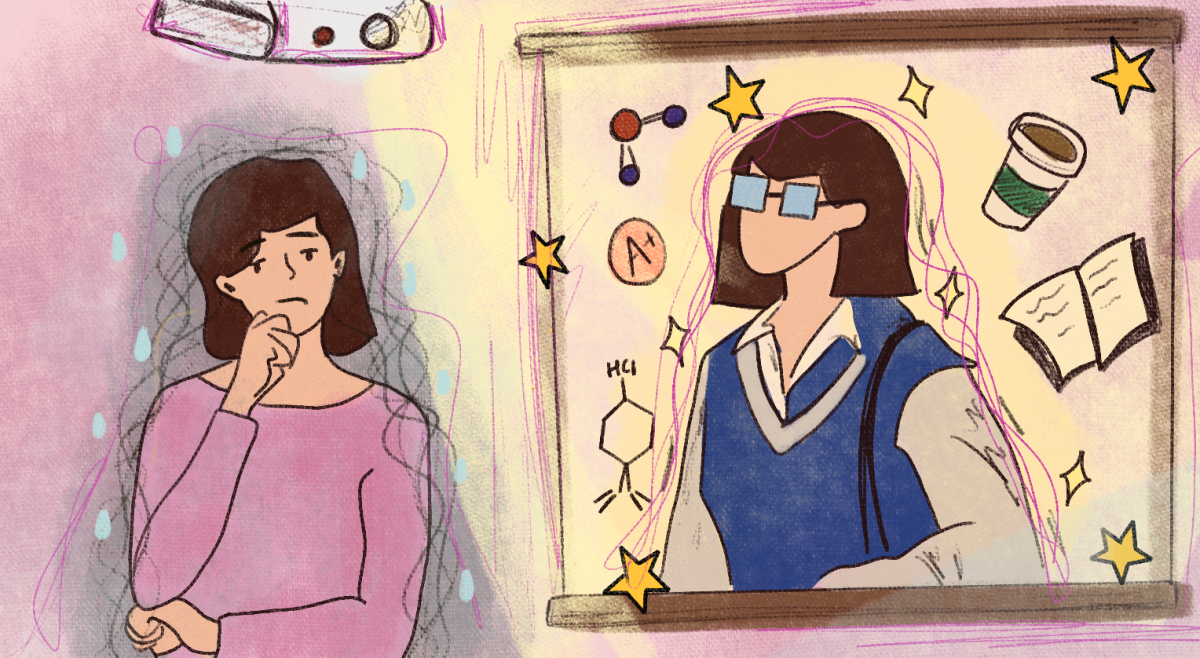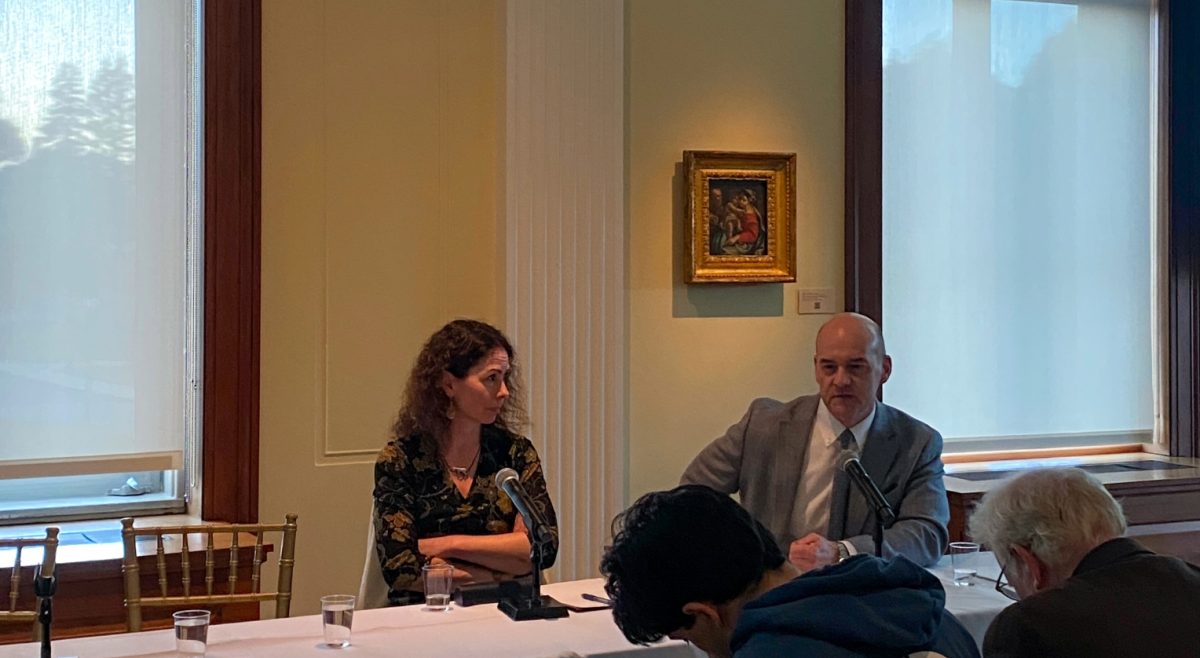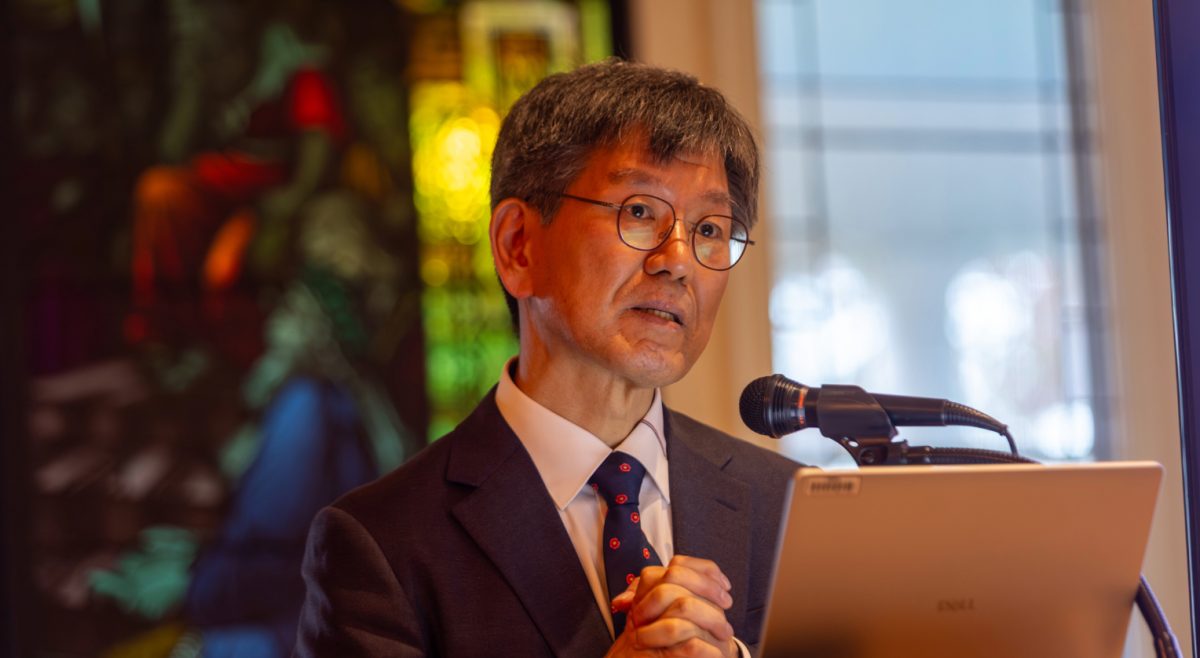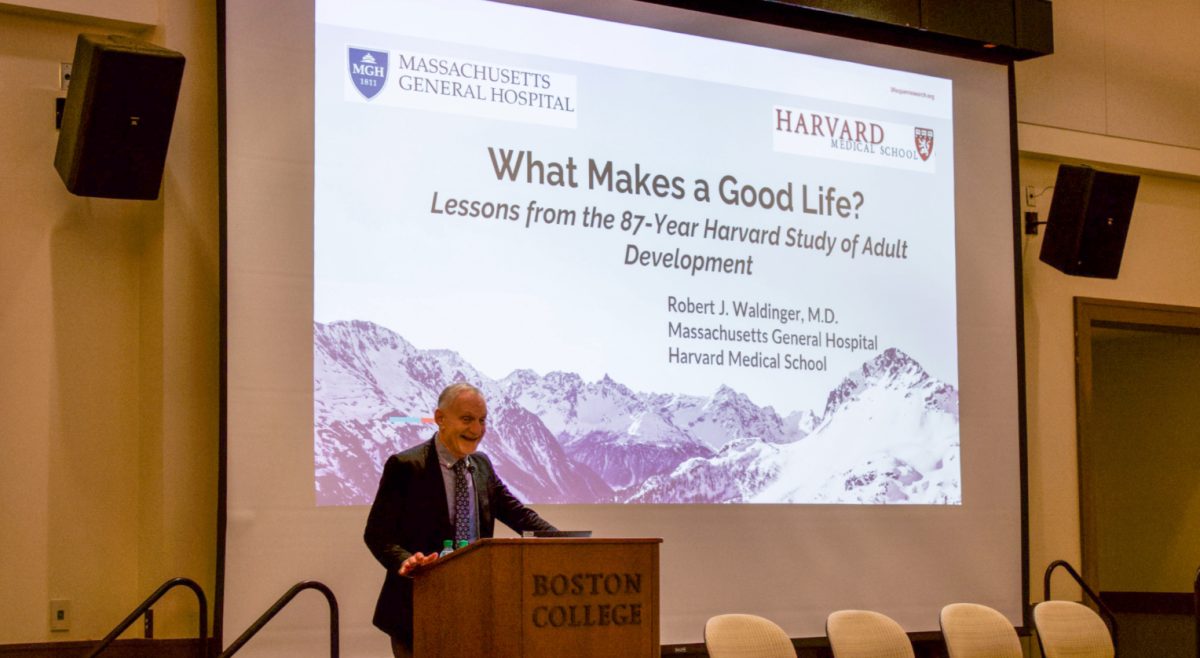National tragedy is a facet of the current era that seems to color the pages of every country’s story and identity with grief and pain. It goes without saying that most children of the college-aged generation remember exactly where they were on Sept. 11, 2001 and the events that followed that tragic day for the U.S. But what is often overlooked in the national discourse of memorializing are the many other acts of terrorism, war and violence, and tragedies that have occurred in the past and are continuously occurring right under our noses around the world.
Adopting a patriotic way of looking at tragedies that wrack the U.S. is integral in the healing process, but it could become detrimental if as a nation, we only choose to acknowledge the terrors that have been wrought on our own soil. On April 15, 2013, the day of the Boston Marathon bombings that undoubtedly struck a personal chord for many of us at Boston College, there were news reports of various car and suicide bombings in Iraq in a demonstration to terrorize the population and kill hundreds of innocent people, as well as destabilize the government. On that day, Boston grieved for its own wounded and deceased, and rightly so—tragedies that hit close to home illicit more attached and personal responses. What would happen, though, if we as a nation, or at least as a BC community, took more time to honor the countless lives lost each day in some of the ongoing crises worldwide?
It’s common to read about outbreaks of violence, disease, and other global problems, but by the end of the week or month, they all seem to be old news. Are you still wondering what has been happening in the Syrian civil war that is currently in its third year? Since it’s begun, Reuters estimates that over 150,000 people have been killed, and even more have been displaced from their homes. And what about the violence happening in Ukraine? With over 2,500 citizens dead, it hardly seems like a light affair that can be whisked away from the front-page headlines of our national mindset. There are also the countless untold stories of aggression against the Palestinians, the Afghanis, and a variety of other nations that have been torn apart by violence and oppression. Where are those memorials? Where are those headlines? Why doesn’t the U.S. give these tragedies the same type of honor that it has given to occurrences on national soil? Patriotism and personal experience often take precedent, but isn’t there enough space in our hearts to let tragedies that have befallen our fellow nations affect us in a way that the incidents in our own nation do?
Perhaps this Sept. 11, we can take the time to honor not only the memory of our fallen fellow Americans but also our fallen brothers and sisters around the world who are continuously attacked with senseless acts of violence and aggression. By examining situations with a more cosmopolitan outlook, we could even begin to broach the idea of how to stop these types of events in the future and focus on healing as a global community.
Featured Image by Emily Fahey / Heights Editor

